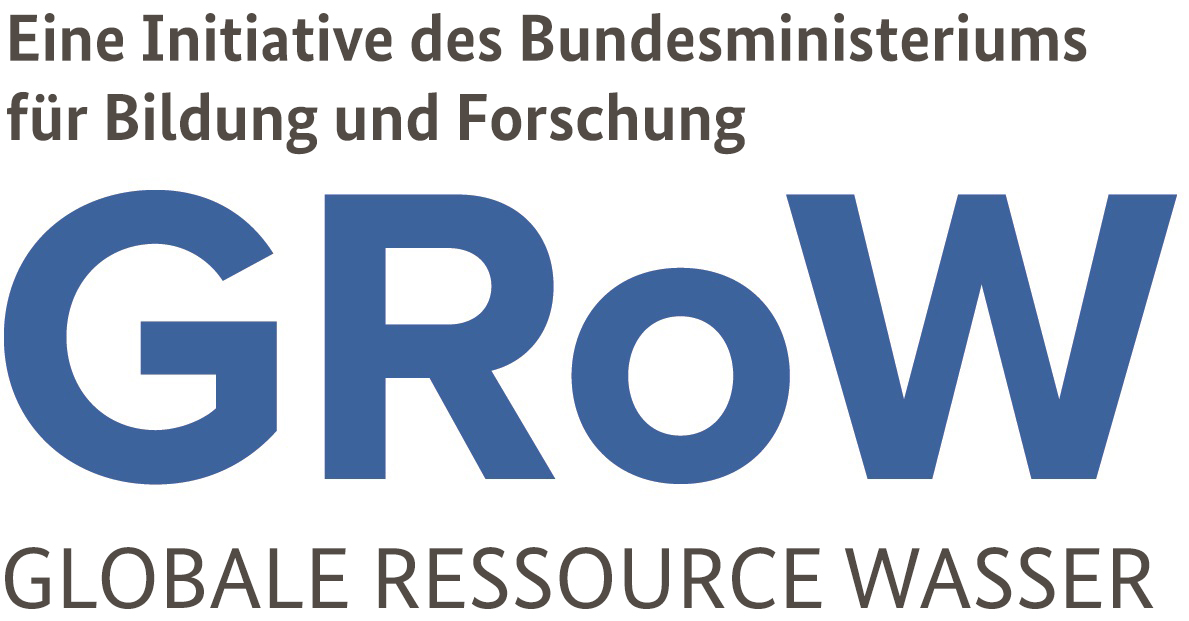WELLE: Organizational Water Footprint & Tool – Available online & register now for webinars
| Date |
Date
|
The WELLE project develops methodical and practical solutions for the determination of the water footprint of companies. Among these solutions is the recently developed web-based tool for calculating a company’s water footprint – the Organizational Water Footprint tool (OWF). A free online tool facilitates identification of organizational water consumption along supply chains in accordance with the novel OWF approach.
WELLE will organise a webinar to introduce its OWF methodology as well as its online tool and underlying database.
Dates of webinars
3 December 10 am – please register here
10 December 4 pm – please register here
To increase companies’ awareness of their direct and indirect water consumption and associated impacts along the supply chain, the Chair of Sustainable Engineering at TU Berlin initiated the research project WELLE together with Deutsches Kupferinstitut e.V., Evonik AG, Neoperl GmbH, thinkstep AG and Volkswagen AG. The production processes of many manufactured products are embedded in international value chains. Therefore, water footprint assessments need to take into account the overall water consumption along the supply chain. Most commonly, companies only measure and manage the direct water consumption at their production sites. However, direct water consumption often accounts for less than 5% of a product’s total water footprint. The greatest part of the water needed for a product is frequently consumed in upstream material and energy supply chains in water scarce areas of the world, such as cotton production in Central Asia or ore extraction in desert regions. If local impacts of water scarcity are to be identified and reduced, that ‘indirect’ water consumption has to be included in companies’ water footprint assessments.
In order to close this gap, the WELLE project develops, among others, a method for measuring the total water footprint of companies – the Organizational Water Footprint (OWF) method. Additionally, the project provides guidelines for companies, a geographically explicit water inventory database, calculates companies’ water footprints within several case studies, and produces a detailed analysis of local risks for identifying local hotspots in global supply chains. Based on these results, measures are taken to reduce a company’s water footprint by means of eco-design approaches (substituting water intense materials, using secondary materials, etc.), a sustainable purchase strategy (e.g. requesting efficient water management from suppliers) and water stewardship approaches (measures at critical basins in cooperation with suppliers and local stakeholders).
Interim project results are promising and indicate that companies’ actions and measures not only depend on policies but also on company-specific paths and that the state of global water resources is determined by local measures. WELLE promotes a holistic approach: water savings should not be made at the expense of other indicators, trade-offs should be considered carefully.
The OWF Tool that is available online, disseminates and facilitates the application of the Organizational Water Footprint method, the online tool allows for determining a company’s water footprint by entering the direct water use at production sites, the purchase of energy and materials, and supporting activities (business travels, canteen, etc.). By linking these indirect activities with a water database, water consumption along the value chain is determined and resulting local consequences are estimated. In this way a company’s total water footprint including an analysis of local hotspots in global supply chains can be determined.
Find out more on WELLE here
